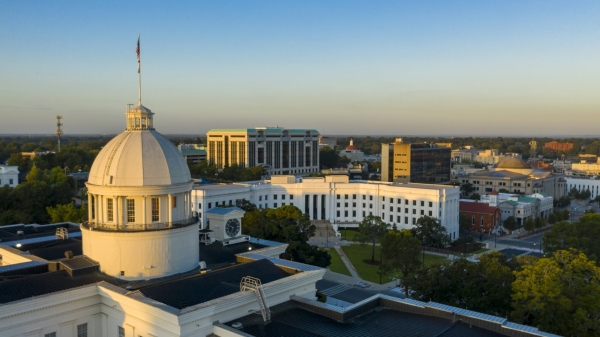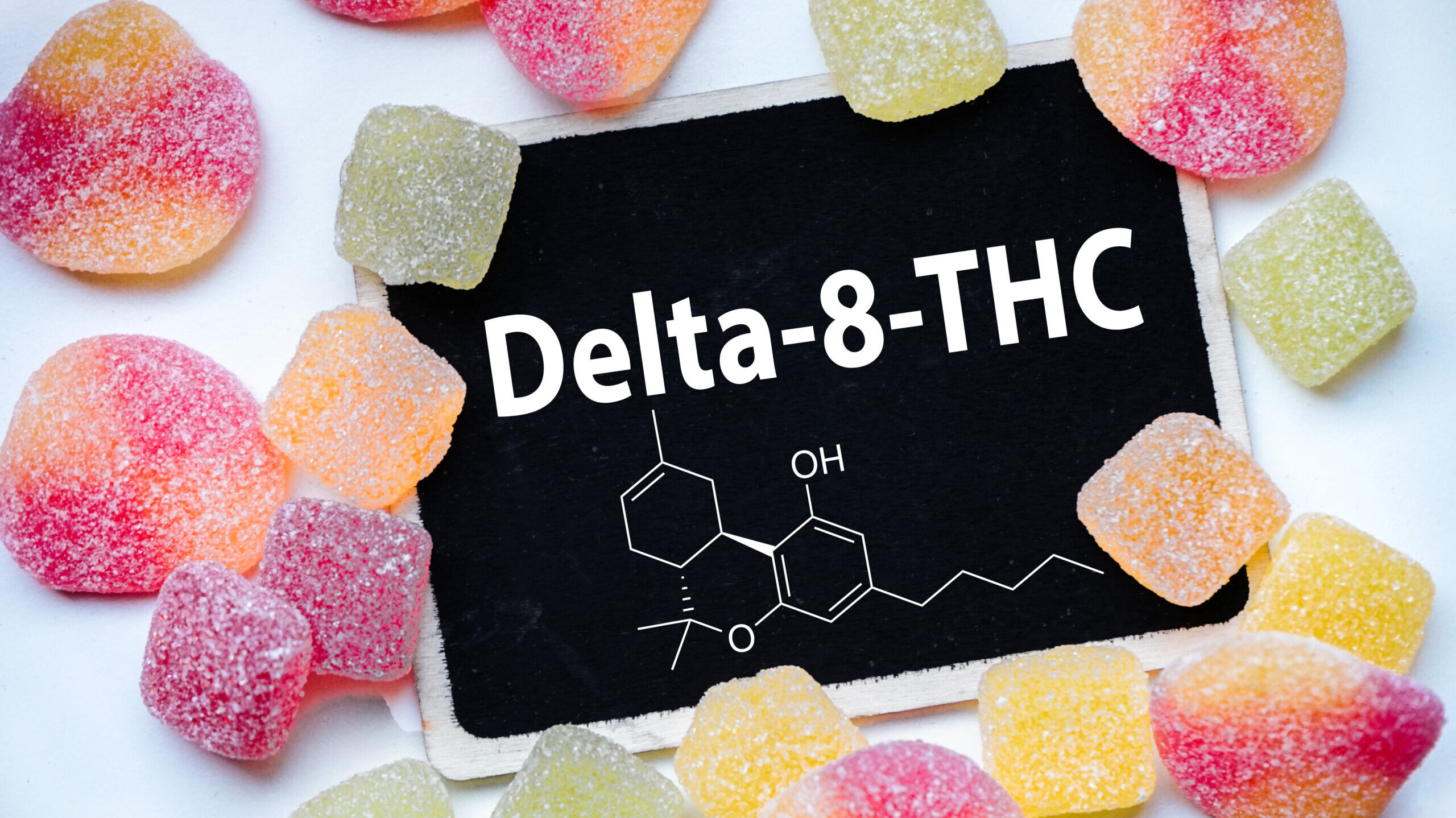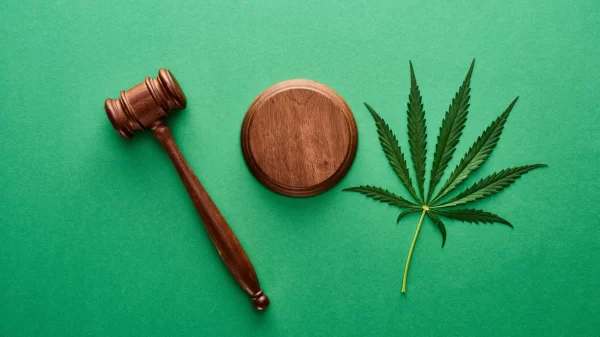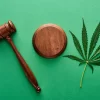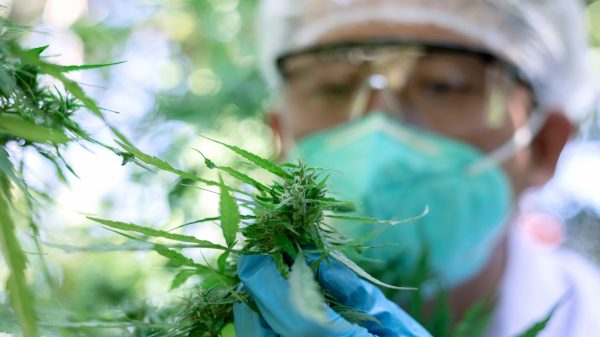Gov. Kay Ivey on Wednesday signed into law House Bill 445 creating major restrictions on the hemp and CBD industry despite calls for a veto by industry experts and some anti-cannabis advocates.
It would have been an unprecedented move from the governor, who would have been vetoing her own party despite never criticizing the bill during its time in the Legislature.
Under state law, Ivey could have chosen to sign the bill, veto it, send it back to lawmakers with amendments or leave it unsigned—which would result in it automatically becoming law.
The deadline to sign it would have expired before session ended near the stroke of midnight Wednesday, and if Ivey had chosen to veto the bill, lawmakers likely would have simply overridden the veto.
Originating as HB445 by Rep. Andy Whitt, R-Harvest, the Senate created a new Frankenstein bill of different pieces in the last step of the legislative process—meaning the new language was never vetted by committees and instead passed through in a single day.
The bill creates an outright ban on smokable products, as well as psychoactive products commonly known by their Delta strains such as Delta-8. Online sales, direct delivery, drive-through sales and direct shipment are also strictly prohibited under the new law.
In addition to outright bans, the bill also limits the amount of THC in CBD consumable products such as gummies and hemp-infused beverages. Edibles must be individually wrapped in single-serve packaging, with a single serving containing no more than 10 mg of THC. A pack of consumables can contain no more than 40 total mg of THC. Hemp-infused beverages cannot exceed 12 fluid ounces, and a carton may not contain more than four 12-ounce drinks.
The new law will limit all CBD products to be sold to adults 21 and over, and will require the products to be sold only in liquor stores or stand-alone CBD/hemp stores where minors are not permitted to enter. This means hemp and CBD products will no longer be able to be sold at convenience stores or grocery stores.
There will also be a 10-cent excise tax placed on all hemp products to make the products more expensive for the consumer while creating revenue for the General Fund. The bill authorizes the Alcoholic Beverage Control board to enforce the law.
The bill includes still more processes and regulations, including licensing requirements for retailers, childproof packaging, restrictions on certain marketing and design elements that might appeal to children,a and strict testing requirements.
Industry experts and lobbyists told lawmakers that it could be an industry-killer.
Molly Cole, a representative for the Alabama Hemp and Vape Association, told APR the compromise bill is not much better than the original HB445.
“I told them what would be the bare minimum that businesses need to stay open,” Cole said. “I was basically told on every point that there’s no way that will happen … The compromise will really be a backhanded prohibition bill that will cancel an entire industry. And I was told that’s kind of the point.”











